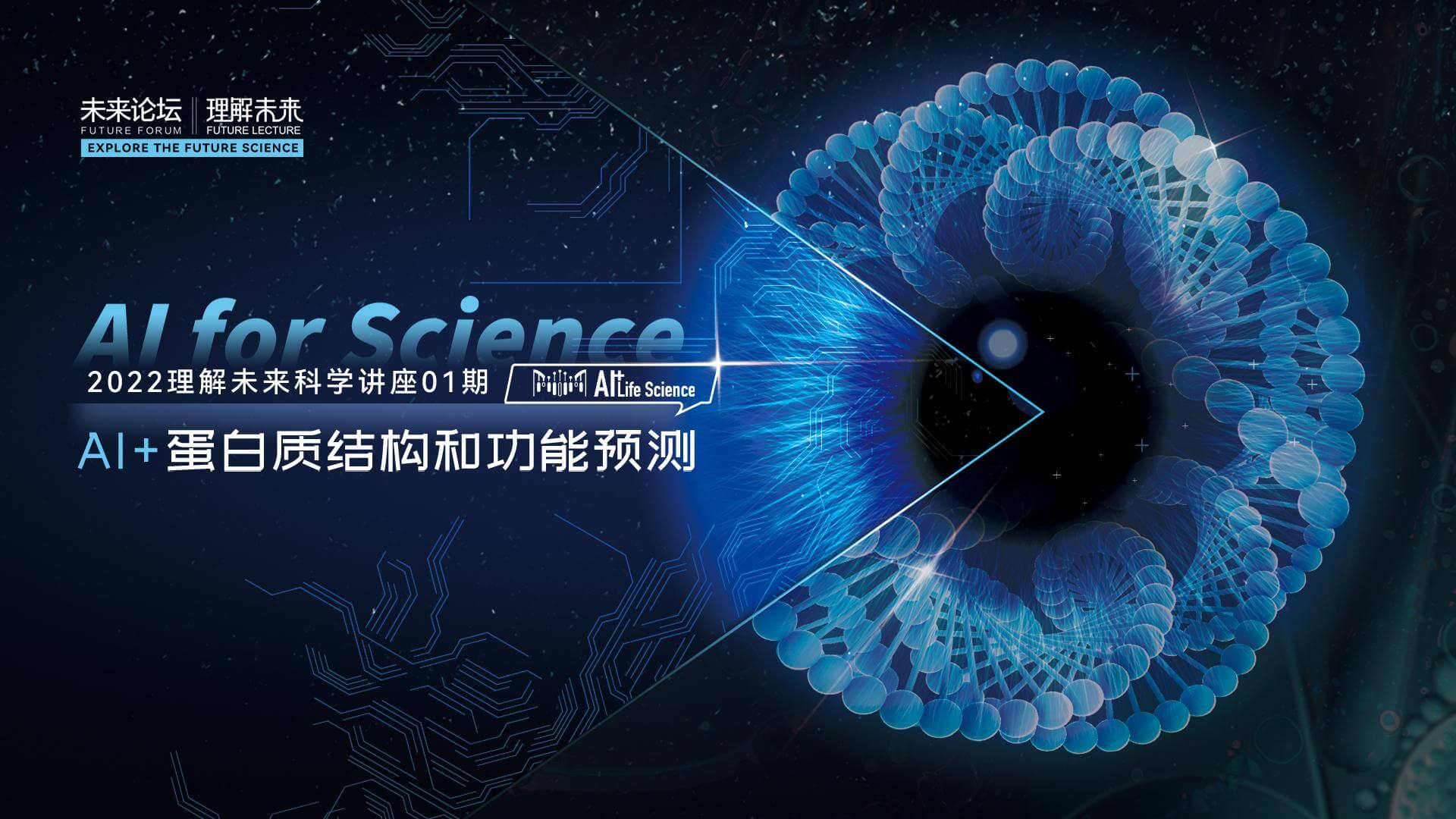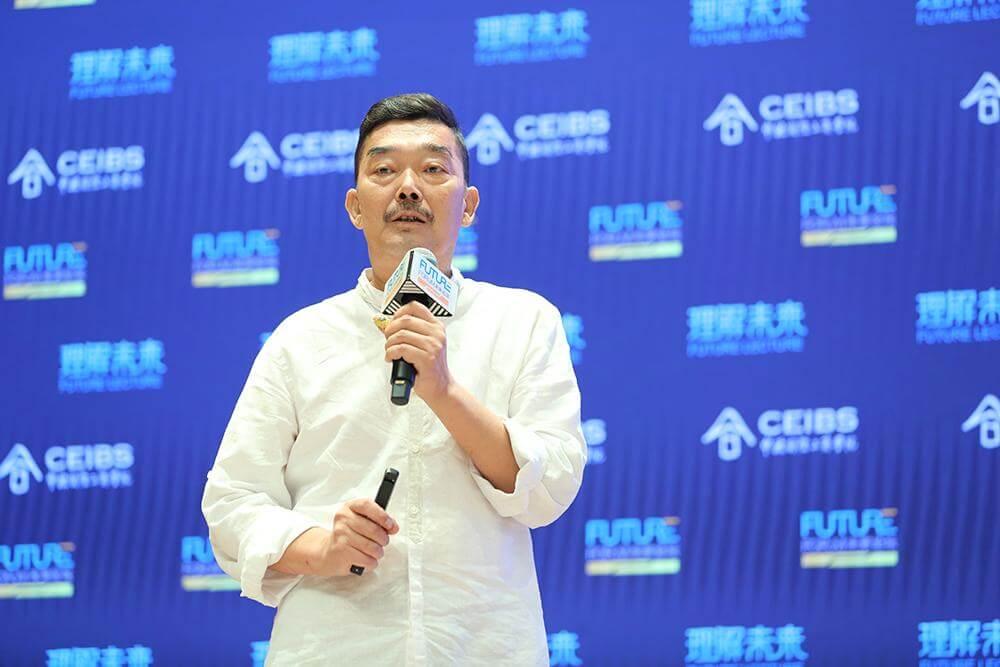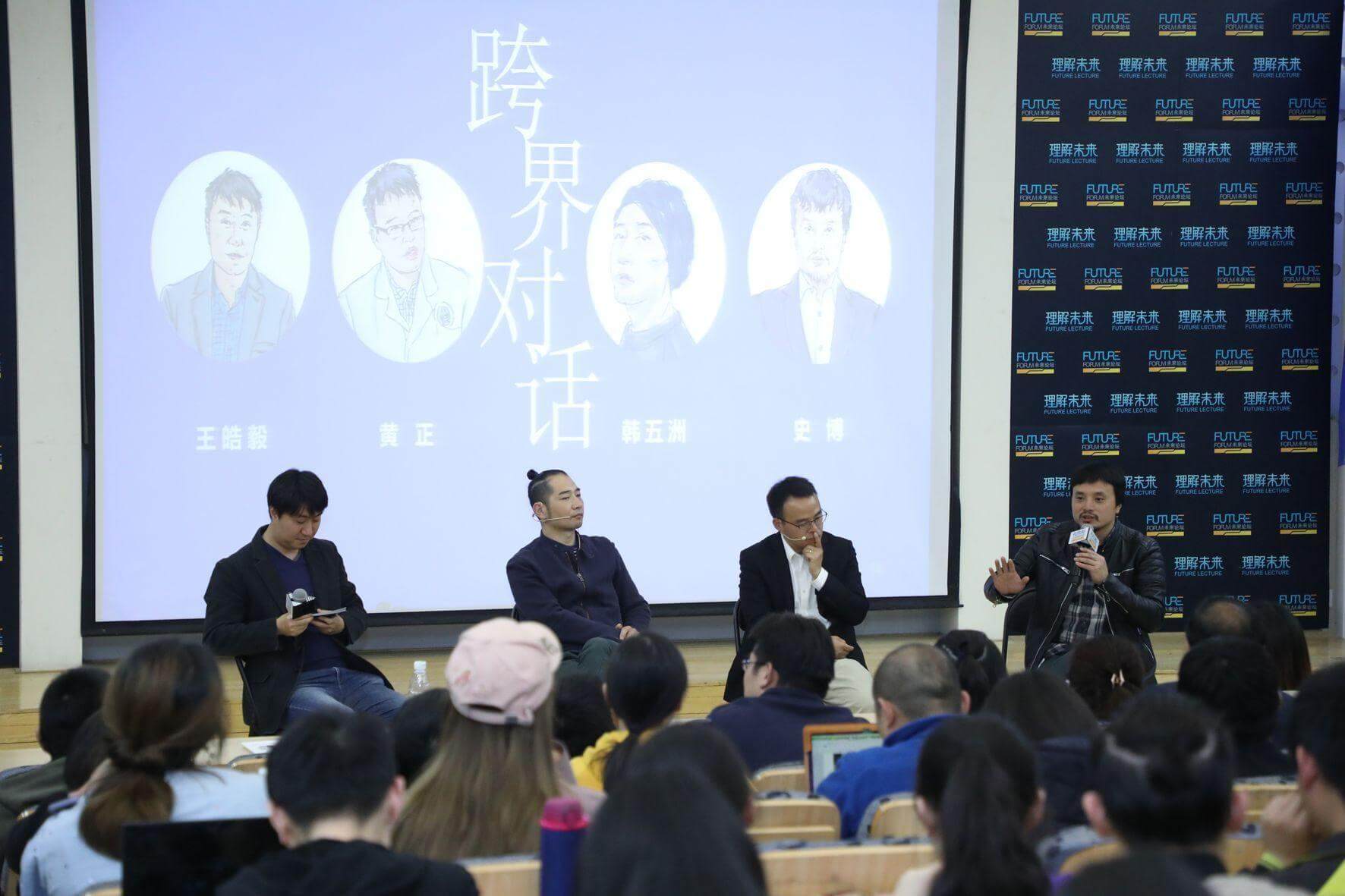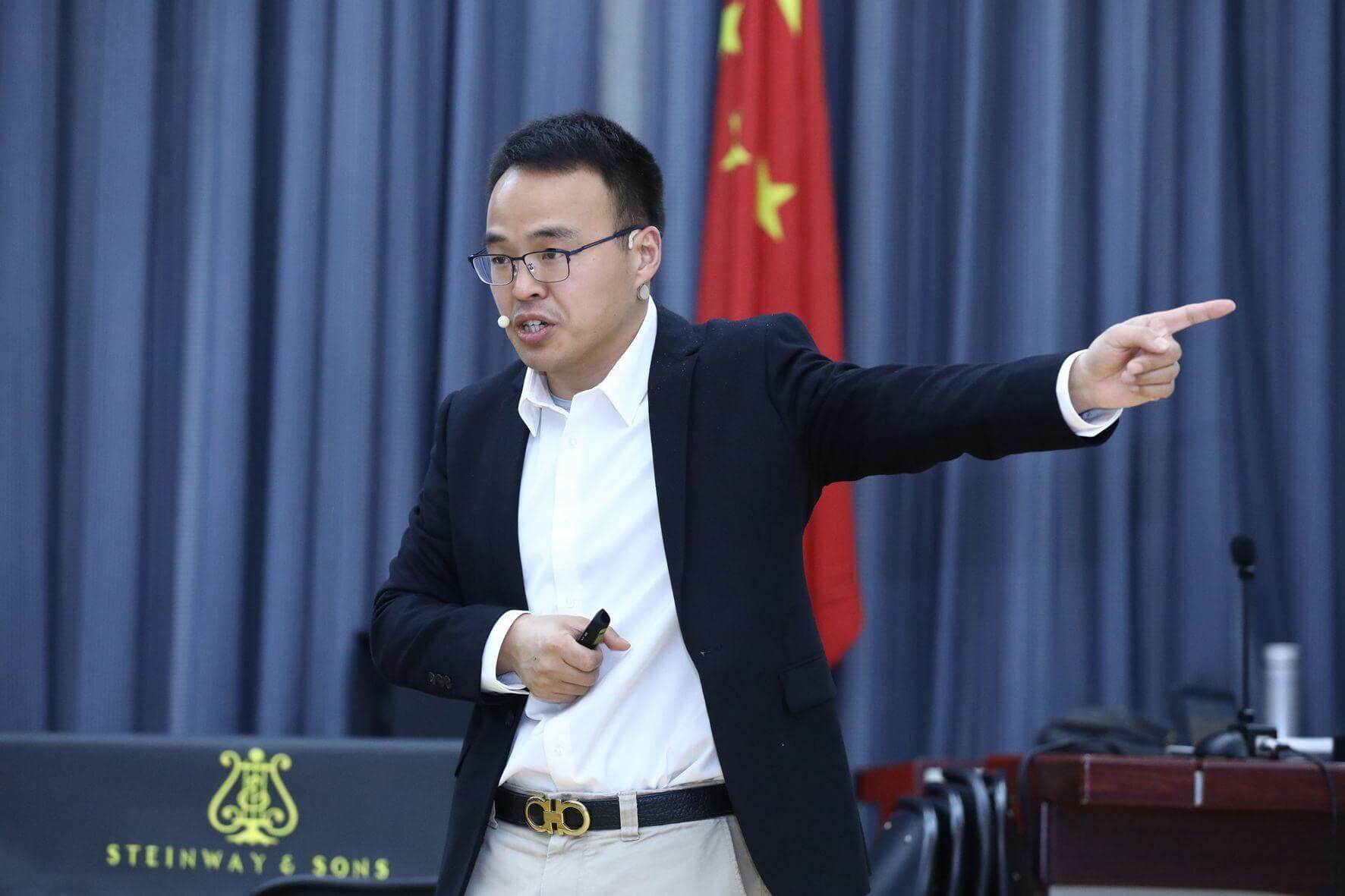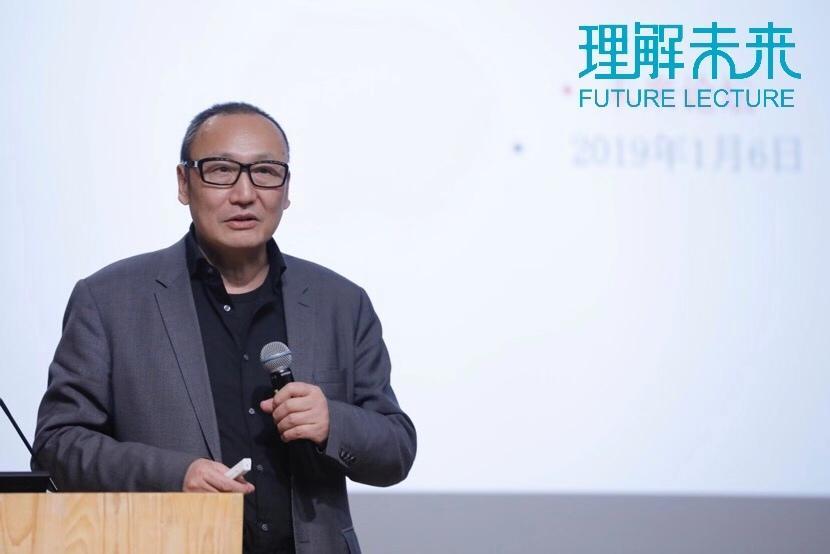Kai Li:
Kai Li is a Paul M. Wythes '55, P'86 and Marcia R. Wythes P'86 Professor at Princeton University, where he worked as a faculty member in the computer science department since 1986. He received his Ph.D. degree from Yale University, M.S. degree from Chinese Academy of Sciences, and B.S. degree from Jilin University. His research expertise is in operating systems, parallel and distributed systems, de-duplication storage systems, large display systems, and data analysis and search of large feature-rich data.
He pioneered Shared Virtual Memory or Distributed Shared Memory (DSM) allow shared-memory programming model on clusters of computers, which won the ACM SIGOPS Hall of Fame Award in 2012. His team proposed user-level DMA mechanism for efficient cluster communication whose key idea went into the RDMA mechanism in Infiniband standard.In 2001, He co-founded Data Domain, Inc. (acquired by EMC) and led the innovation of deduplication storage system products to replace the tape libraries for backup and archive at enterprise data centers. Five years ago, Data Domain product line exceeded the tape library industry for the backup market. He served in Data Domain in roles as the initial CEO, CTO and Chief Scientist.
His recent research includes content-based search and data analysis of images, genomic data, in-patient medical data, and neuroscience fMRI data. He co-led the ImageNet project which created the largest knowledge base for computer vision tasks with over 14 million labeled images in 22 thousand categories, by processing 160 million images with 200,000 crowdsourcing workers. ImageNet challenges propelled the deep learning method to become the most active research area in machine learning for big data.
He is an ACM fellow and an IEEE fellow. In 2012, he was elected as a member of National Academy of Engineering for his advancement in data storage and distributed computer systems.


